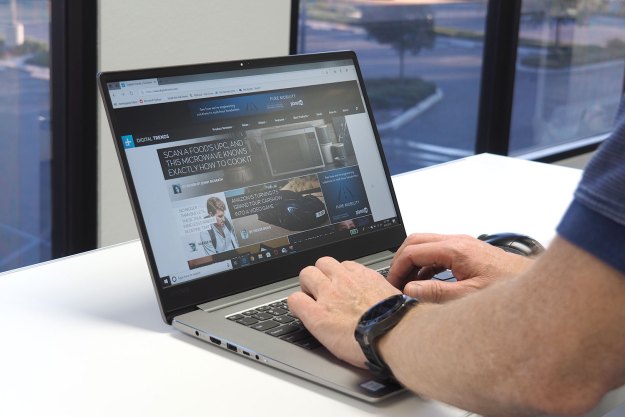
A newly released study by the Federal Communications Commission shows that the plethora of online news outlets has led to a serious degradation of local news reporting, reports Cnet.
While it’s now easier than ever for citizens to learn about everything from what President Obama ate for lunch to public uprisings in the Middle East, information about local schools, courts, governments and events has become increasingly scarce, according to the 460-page FCC report (PDF) entitled “The Information Needs of Communities: The Changing Media Landscape in a Broadband Age.”
Carried out by former US News and World Report national editor Steve Waldman and a team of researchers, the report shows that the number of reporters needed to cover important local events has dropped well below the necessary levels,
“The digital tools that have helped topple governments abroad are providing Americans powerful new ways to consume, share and even report the news,” says the report. “Yet, in part because of the digital revolution, serious problems have arisen, as well. Most significant among them: in many communities, we now face a shortage of local, professional, accountability reporting. This is likely to lead to the kinds of problems that are, not surprisingly, associated with a lack of accountability—more government waste, more local corruption, less effective schools, and other serious community problems.”
While much of the report’s info isn’t particularly ground breaking — i.e. “[a]n abundance of media outlets does not translate into an abundance of reporting” — it does provide a useful blueprint for rebuilding the crumbling structures of local journalism. According to the report’s estimates, it would take about $1.6 billion to employ the number of reporters needed to cover the “accountability” beats, or $265 million to bring these levels back to what they were in 2000, which was already inadequate for the task, the report says.
To help pay for this, the report suggests the US government redirect media advertising buys, like the “Army of One” commercials, from national TV stations to local ones, which can use the boost in revenue to up its reporter pools.
Can the trend turn around? Probably not — the journalism industry as a whole is still struggling to solve this exact problem. But America’s democracy will suffer more if it doesn’t.


